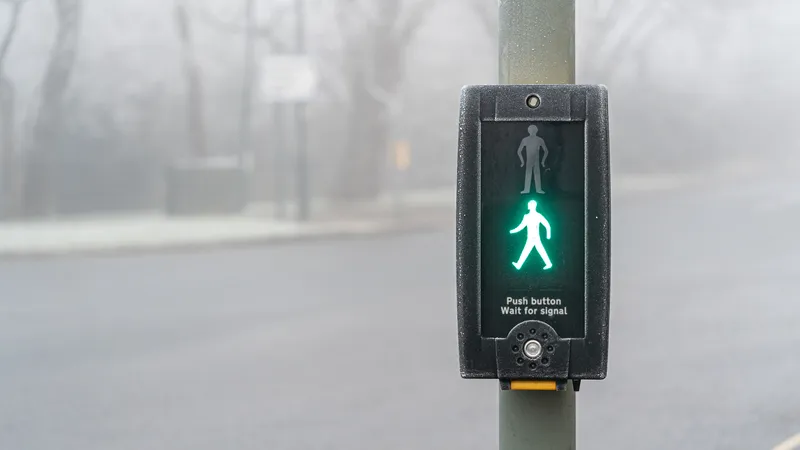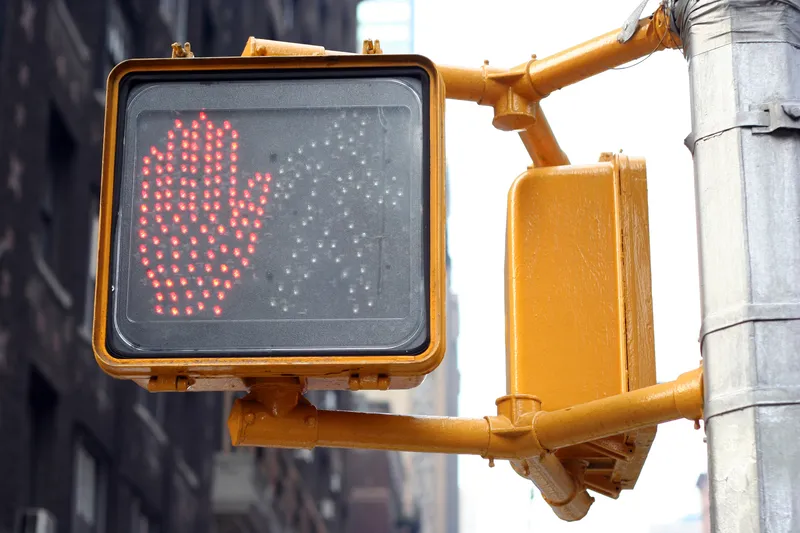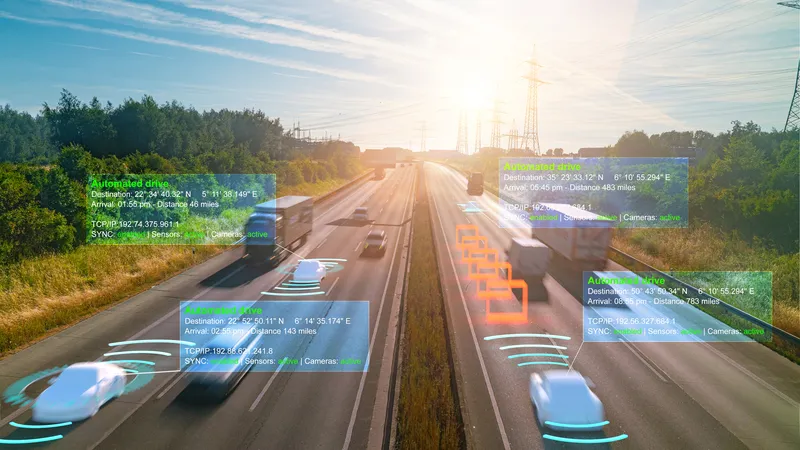
TRL Software is to provide its cloud-hosted UTC Scoot 7 traffic management software to the City of Manchester, UK, to provide pedestrian priority at traffic signals.
Manchester City Council has been awarded £500,000 by Transport for London as part of the Traffic Signals Maintenance funding call, and TRL will deliver the initiative as part of a programme of works with Transport for Greater Manchester (TfGM).
TRL says the system will allow enhanced dissemination of traffic data and better provision for pedestrians, while at the same time "starting to redress the balance between motorised and non-motorised roads use".
“Alongside our active travel component, something that makes our UTC unique is the Open Data Portal we supply as a standard with the product,” says Paul Zanelli, director for strategic ventures at TRL.
“This exposes historic and live signal data to our customers in an easy to understand and useful way that helps them quickly visualise where things need to be improved, while supporting development of third-party apps like cycling apps that are interfaced with our UTC."
TRL will provide its UTC to TfGM until 2024.









